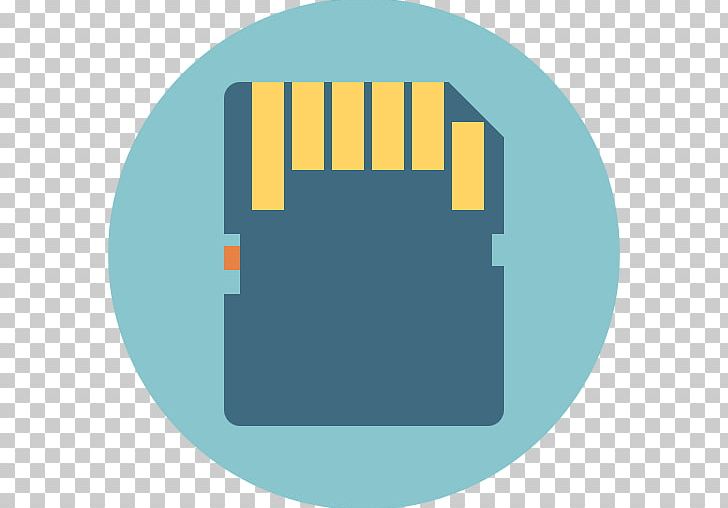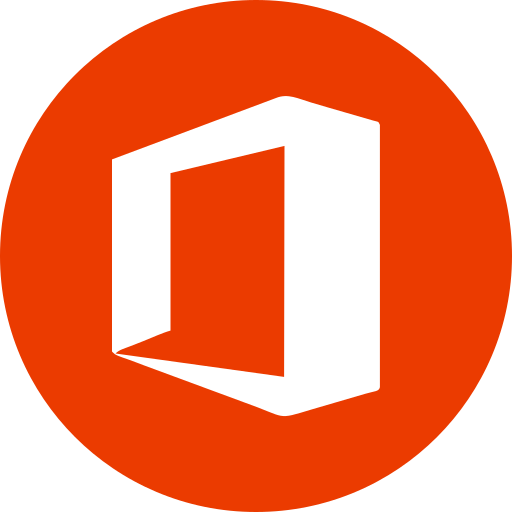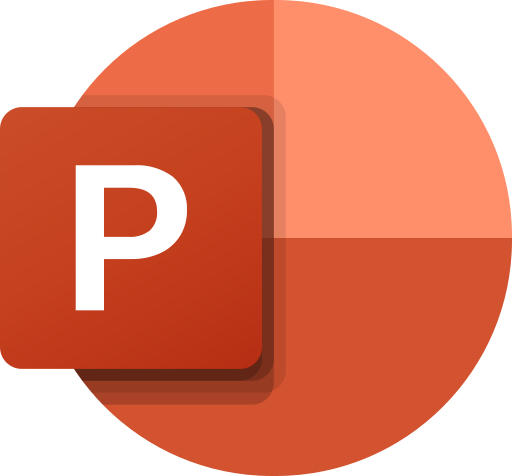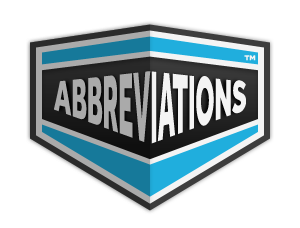- A Expansion Board
- B External Drive
- C Mother Board
- D All of above
Answer:
C
Option C: Mother Board
The main circuit board contained in any computer is called a motherboard. It is also known as the main board or logic board or system board or planar board. All the other electronic devices and circuits of computer system are attached to this board like, CPU, ROM , RAM, expansion slots, PCI slots and USB ports. It also includes controllers for devices like the hard drive, DVD drive, keyboard and mouse. In other words, motherboard makes everything in a computer work together.
 Introduction to computer MCQ
Introduction to computer MCQ  Information Technology
Information Technology  Computer Hardware
Computer Hardware  Father of Computer Programming
Father of Computer Programming  Computer Generations
Computer Generations  Computer Memory
Computer Memory  Computer Database
Computer Database  Computer Operating System
Computer Operating System  Computer Software
Computer Software  Computer Security
Computer Security  Computer Network
Computer Network  Microsoft Excel
Microsoft Excel  Microsoft Office
Microsoft Office  Microsoft Powerpoint
Microsoft Powerpoint  Important File Extensions
Important File Extensions  Important Abbreviations Computer Awareness
Important Abbreviations Computer Awareness  Data Communication and Networking
Data Communication and Networking